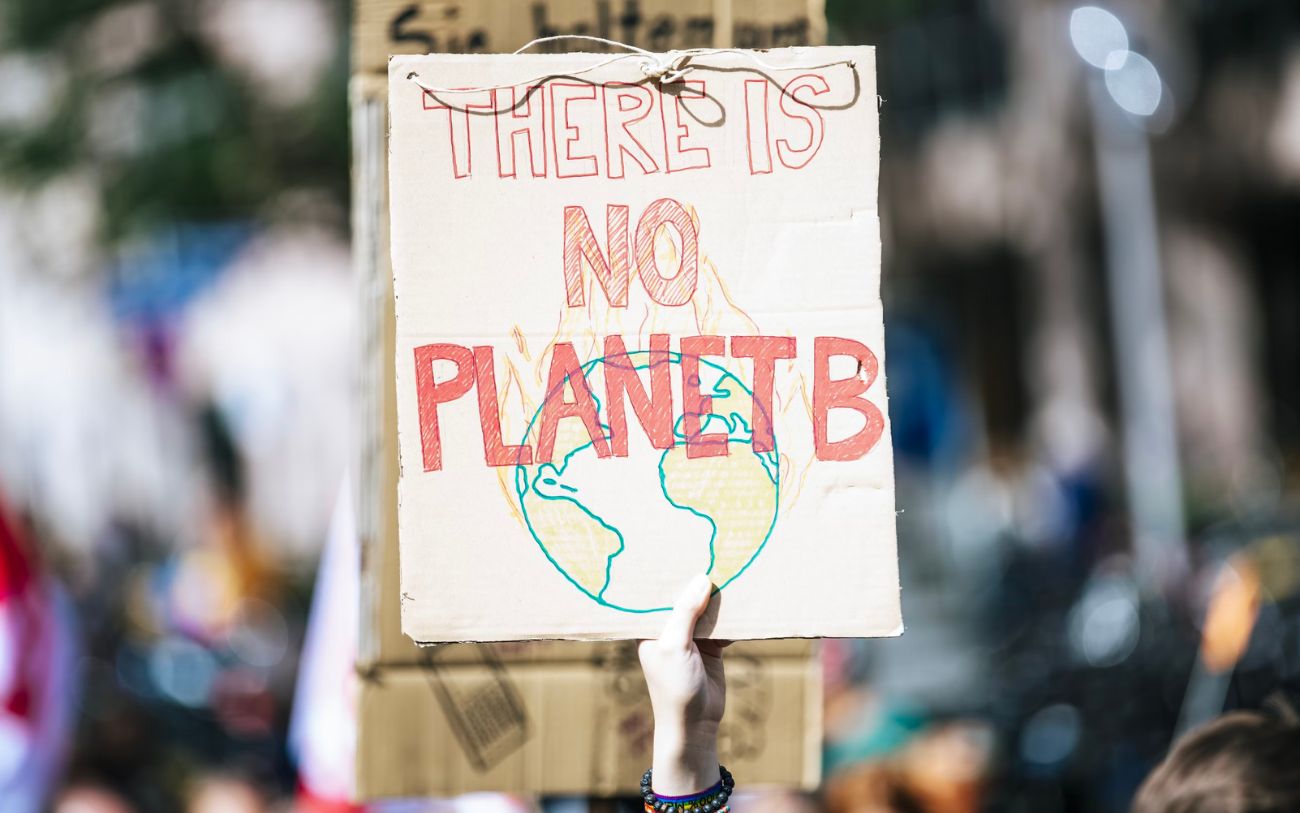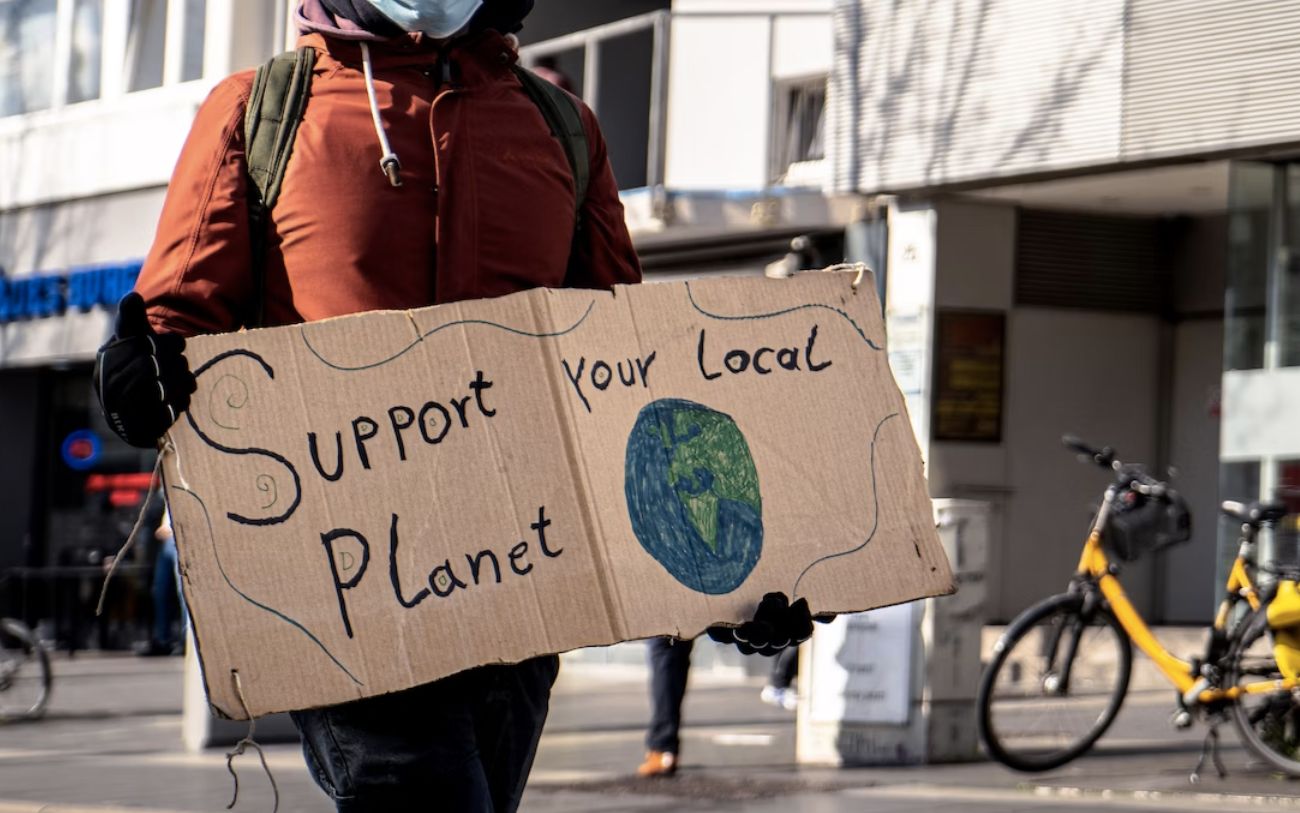Effects of Greenhouse Gas Emissions
Greenhouse gas emissions, primarily carbon dioxide (CO2), methane (CH4), and nitrous oxide (N2O), trap heat in the Earth’s atmosphere, leading to a phenomenon known as the greenhouse effect.
This effect is necessary for maintaining a habitable climate, but human activities, such as burning fossil fuels, deforestation, and industrial processes, have significantly increased the concentration of these gases, causing enhanced greenhouse effect and subsequent warming of the planet.
The key effects include:
Global Warming
Increased concentrations of greenhouse gases lead to a rise in global temperatures, resulting in shifts in weather patterns, rising sea levels, and melting glaciers and ice sheets.
Extreme Weather Events
The heightened energy in the climate system leads to more frequent and intense weather events like hurricanes, droughts, heatwaves, and heavy rainfall, causing widespread damage and disruption.
Sea Level Rise
Warming temperatures cause polar ice to melt, leading to rising sea levels. This poses a threat to coastal communities, infrastructure, and ecosystems.
Ocean Acidification
The oceans absorb a significant portion of CO2 emissions, leading to higher acidity levels, which can harm marine life, particularly coral reefs and shellfish.
At NetZero.Earth, we’re driven by a bold vision: promoting environmental sustainability and helping GCC businesses understand and reduce their carbon emissions.
Our expert team is ready to collaborate closely with you, developing strategies that align with your sustainability goals. And if you don’t have clear goals, we’ll help you create them.
Get in touch.
contact@netzero.earth.




Leave a Reply